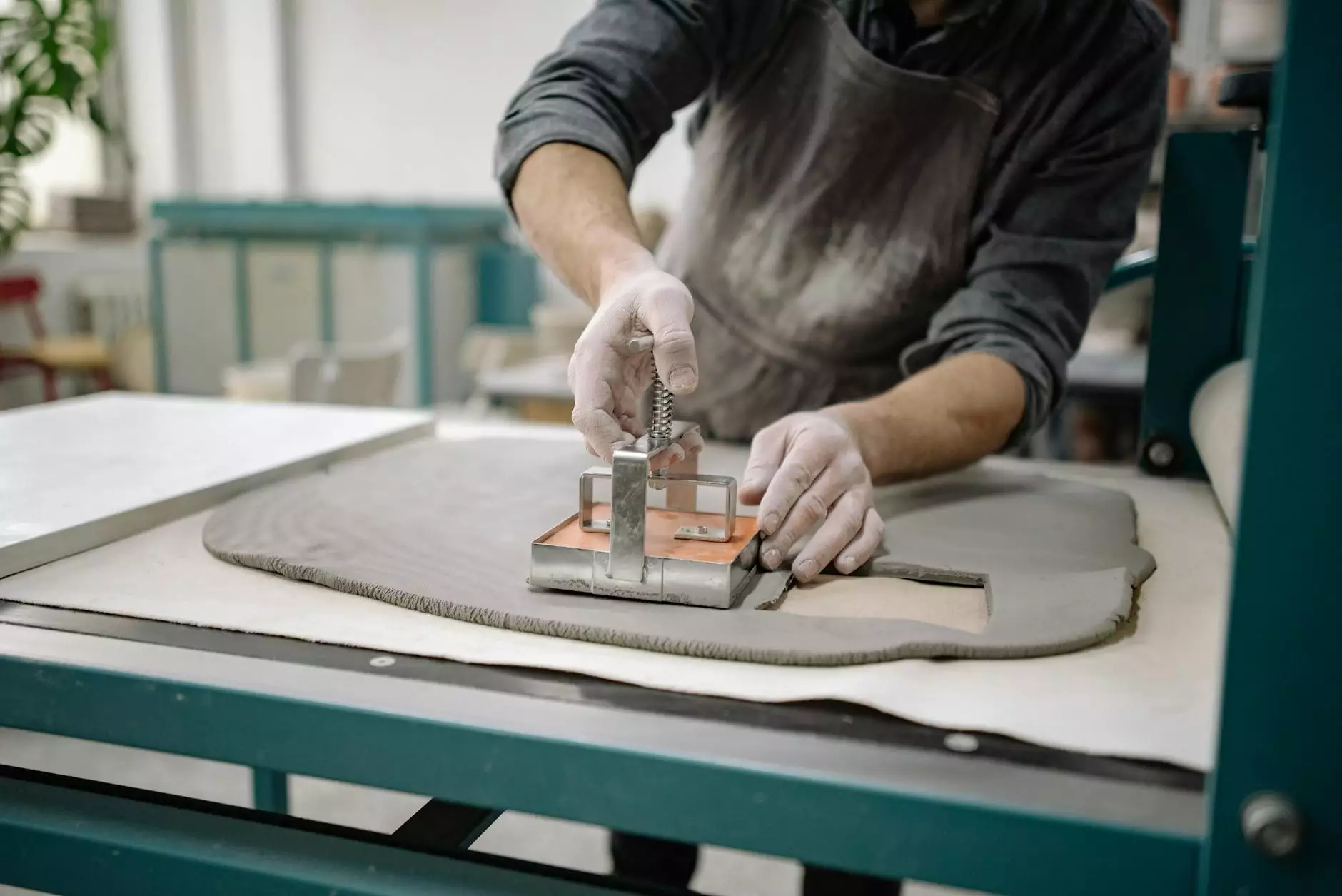The Evolution and Impact of Automotive Mold in Metal Fabrication

In an era marked by rapid technological advancements, the automotive mold industry stands at the forefront of innovation within metal fabrication. The importance of precise molds in the automotive sector cannot be overstated; they are integral to the production of high-quality vehicles that meet consumer demands for efficiency, safety, and aesthetics. In this article, we will delve into the intricacies of automotive molds, their applications, and their significant impact on the automotive manufacturing landscape, underscoring why deepmould.net is a leader in this domain.
Understanding Automotive Mold
The term automotive mold refers to the specialized tools used in the manufacturing process to shape and form components of vehicles. These molds are designed with extreme precision to ensure that the parts they produce fit perfectly within the automotive assembly process. The complexity of automotive molds has evolved, making them critical players in the production line.
The Anatomy of an Automotive Mold
Automotive molds are comprised of several key components:
- Mold Base: The foundation of the mold, often made from sturdy metals to withstand high pressures and temperatures.
- Mold Cavity: This is where the material is injected, defining the shape of the final part.
- Runner System: Channels that direct molten metal into the mold cavity.
- Cooling System: A critical component that regulates the temperature of the mold to prevent overheating and ensure consistent production quality.
Types of Automotive Molds
There are several types of molds utilized in the automotive industry, each suited for different applications:
Injection Molds
Injection molds are among the most common types used in the automotive sector. They allow for high-volume production and are essential for producing complex geometries with intricate details.
Blow Molds
Used primarily for hollow components, blow molds are instrumental in manufacturing parts like fuel tanks and air ducts.
Compression Molds
Compression molds are used for rubber and plastic materials, crucial for creating protective components that enhance vehicle safety.
The Role of Metal Fabrication in Automotive Molds
Metal fabrication is a vital process in the creation of automotive molds. Utilizing advanced techniques such as CNC machining and laser cutting, manufacturers can achieve the precision and quality required for these molds.
Advanced Manufacturing Techniques
Modern automotive mold production relies heavily on technology. Some of the most notable advancements include:
- 3D Printing: This technology allows for rapid prototyping of mold designs, significantly reducing lead times.
- CAD Software: Computer-Aided Design (CAD) allows for detailed modeling of molds before physical production, ensuring that any potential flaws are identified early in the process.
- Robotic Automation: Robotics streamline the production process, enhancing accuracy and reducing the potential for human error.
Benefits of Investing in High-Quality Automotive Molds
Investing in high-quality automotive molds has both immediate and long-term benefits:
Consistent Quality
High-quality molds produce parts with consistent specifications, not only improving the final product but also reducing waste and rework.
Cost Efficiency
Though high-quality molds may have a higher initial cost, they lead to lower production costs over time by minimizing defects.
Improved Speed to Market
With advanced manufacturing technologies, companies can reduce timeframes from design to production, allowing them to respond quickly to market trends.
Challenges Facing the Automotive Mold Industry
While the industry has seen significant advancements, challenges remain:
Rapid Technological Change
The fast pace of technological change requires companies to continuously update their processes and equipment, which can be a burden for smaller manufacturers.
Regulatory Compliance
Adhering to strict regulatory standards in different regions can complicate the production process and increase costs.
Market Competition
The rise of globalization has increased competition, requiring companies to innovate continually to maintain their market share.
The Future of Automotive Mold Technology
The future of automotive molds appears promising as new materials and technologies emerge:
Sustainable Practices
With an increased focus on sustainability, future mold designs may incorporate eco-friendly materials and energy-efficient manufacturing processes, minimizing the environmental impact of automotive production.
Smart Manufacturing
The integration of IoT (Internet of Things) within manufacturing processes will allow for real-time monitoring and adjustments, enhancing production efficiency and product quality.
Conclusion: Why Choose DeepMould.net for Your Automotive Mold Needs
At deepmould.net, we understand the critical role that automotive molds play in the automotive manufacturing world. Our commitment to precision, quality, and innovation positions us as a leader in the automotive mold industry. Choosing us means choosing:
- Expertise: We employ skilled professionals with extensive experience in metal fabrication.
- Advanced Technology: We utilize the latest in manufacturing technology for superior mold production.
- Customer Focus: Our team is dedicated to delivering molds that meet and exceed customer expectations.
Investing in automotive molds with deepmould.net ensures that your automotive manufacturing needs are met with the utmost professionalism and quality, paving the way for your success in the automotive industry.









